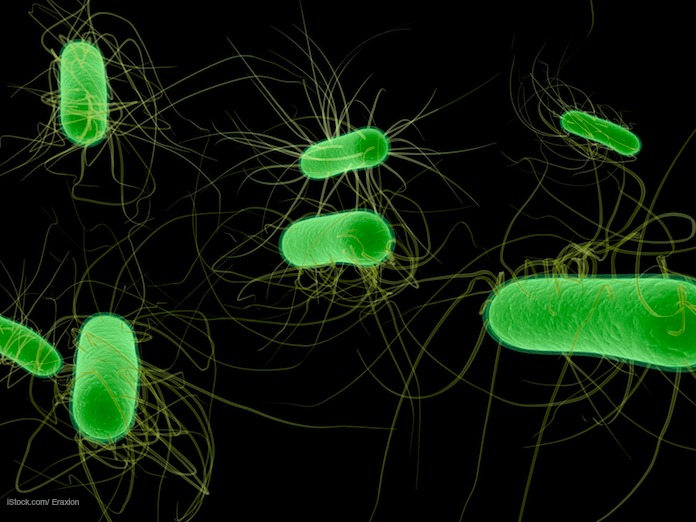The CDC and FDA are warning consumers not to eat “I.M. Healthy” brand soy nut butter products because they may be associated with a multi-state E. coli O157 outbreak. The CDC and the FDA are collaborating with the states involved to investigate a cluster of illnesses that are closely related genetically. That indicates a common food source.

Epidemiological evidence collected to date indicates that the I.M. Healthy brand Soy Nut Butter products may be contamianted with this pathogenic bacteria and are a “likely source of this outbreak,” according to the CDC.
We do know that at least one ill person lives in Maryland, since the Maryland Department of Health and Mental Hygiene posted a notice about the outbreak on their web site. That patient consumed I.M. Healthy soy nut butter before getting sick.
The I.M. Healthy soy nut butter and soy nut butter-containing products have been distributed in various states through retail stores and are also available for purchase online. These products have a long shelf life and consumers could have them in their homes.
At least 12 people from several states are sick in this particular outbreak. More information about this outbreak will be provided by the CDC on Friday, March 3, 2017.
The symptoms of a Shiga toxin-producing E. coli outbreak include severe stomach cramps and abdominal pain, diarrhea that is often bloody, a mild fever, and vomiting. While most people recover from this infection on their own, some, especially small children, can develop a complication called hemolytic uremic syndrome (HUS) that can be life-threatening.
The symptoms of HUS include little or no urine output, lethargy, pale skin, easy bruising, and bleeding from the nose or mouth. Anyone who is experiencing these symptoms should be taken to a doctor immediately.
If you ate any I.M. Healthy brand SoyNut Butter products and have experienced these symptoms, see your doctor, especially if you have diarrhea that lasts longer than three days or is accompanied by high fever, blood in the stool, or copious vomiting. E. coli infections can be serious and life-threatening.




